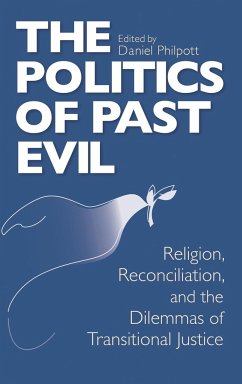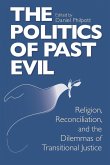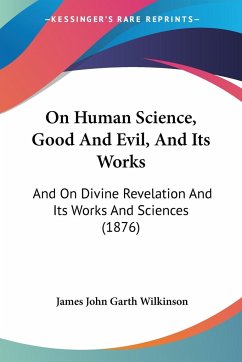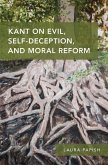Over the past two or three decades, all over the world, a formidable number of societies have sought to confront past evil-the injustices of communism, military dictatorship, apartheid, or civil war. Emergent is the concept of reconciliation, whose meaning philosophers and social scientists now debate in the context of political transitions in countries as diverse as South Africa, East Timor, Guatemala, and the Czech Republic. Most of these debates, though, share a secularism that is at variance with the beliefs of many of the participants in these transitions. What unfolds in this volume, in contrast, is a conversation about reconciliation whose common denominator is theology. Theologians, philosophers, and political scientists explore the meaning of reconciliation for the politics of transition. Alan Torrance, David Burrell, C.S.C., Nicholas Wolterstorff, and Daniel Philpott draw on theology for their theoretical perspectives; A. James McAdams, Mark Amstutz, and Ronald Wells chart the path of reconciliation in Germany, Argentina, South Africa, and Northern Ireland. Scott Appleby offers a concluding essay. Their insights will interest a wide variety of readers, both scholars and generalists, both with and without theological commitments.
Hinweis: Dieser Artikel kann nur an eine deutsche Lieferadresse ausgeliefert werden.
Hinweis: Dieser Artikel kann nur an eine deutsche Lieferadresse ausgeliefert werden.








